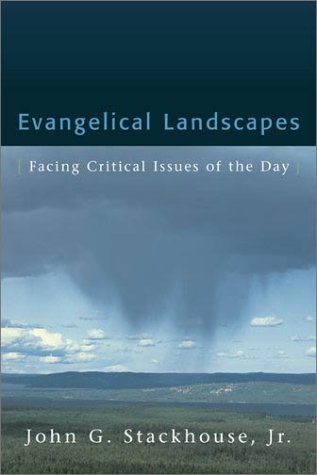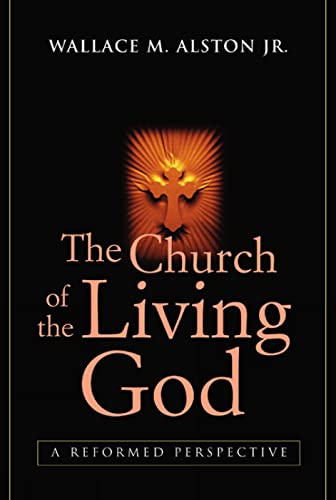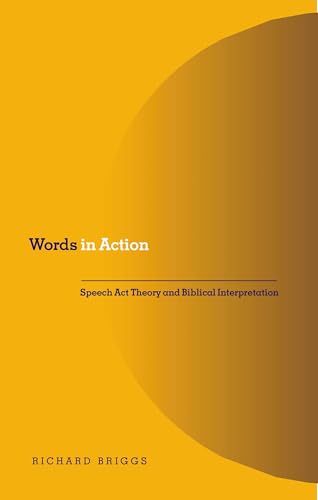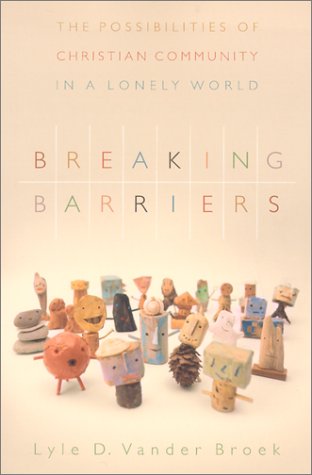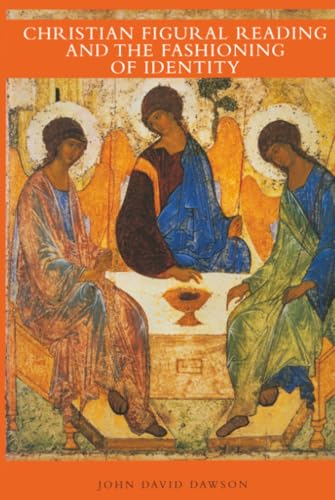FROM PARADISE TO THE PROMISED LAND: AN INTRODUCTION TO THE PENTATEUCH
Written by T. D. Alexander and S. Gathercole (eds) Reviewed By Michael WidmerAlexander’s Introduction to the Pentateuch reappears in a second extended edition. The material of the first edition has been complemented with a scholarly overview of modern Pentateuchal criticism with an evangelical evaluation. Another welcome addition to its predecessor comprises the concluding NT sections after each chapter which explore how the OT material is taken up and interpreted in the NT.
The heart of the book, however, remains what is now part two, an exposition of the main themes of the Pentateuch. The primary strength of Alexander’s book is that it helps us to grasp the Pentateuch as a whole, not only by expounding central topics, but also by highlighting major themes such as the ‘Royal Seed, Land, Sanctuary, and Light to the Nations’. Abraham and the divine promise made to him receive a fresh and illuminating exposition. Given that Abraham receives a thorough treatment, there is surprisingly little on Moses. There is, for example, hardly anything on his mediatory role in the chapter on the Sinai covenant.
In spite of Alexander’s balanced exposition of the critical approaches to the Pentateuch and the author’s general acceptance of a complex compositional history, little attempt has been made to show how ‘critical’ approaches could inform a synchronic reading of the text. Besides that, there is hardly any explicit interaction with scholarship in the second part of the book (less than ten references to other scholars are made). Although there is a bibliography at the end of the book, the value of the book could easily have been enhanced by including references to alternative views and material for further study.
Given these minor criticisms, there is no doubt that theology undergraduates and anybody who takes an interest in the riches of the Pentateuch are indebted to Alexander for providing us with a highly readable, informative, and at times even innovative book.
Michael Widmer
Durham



